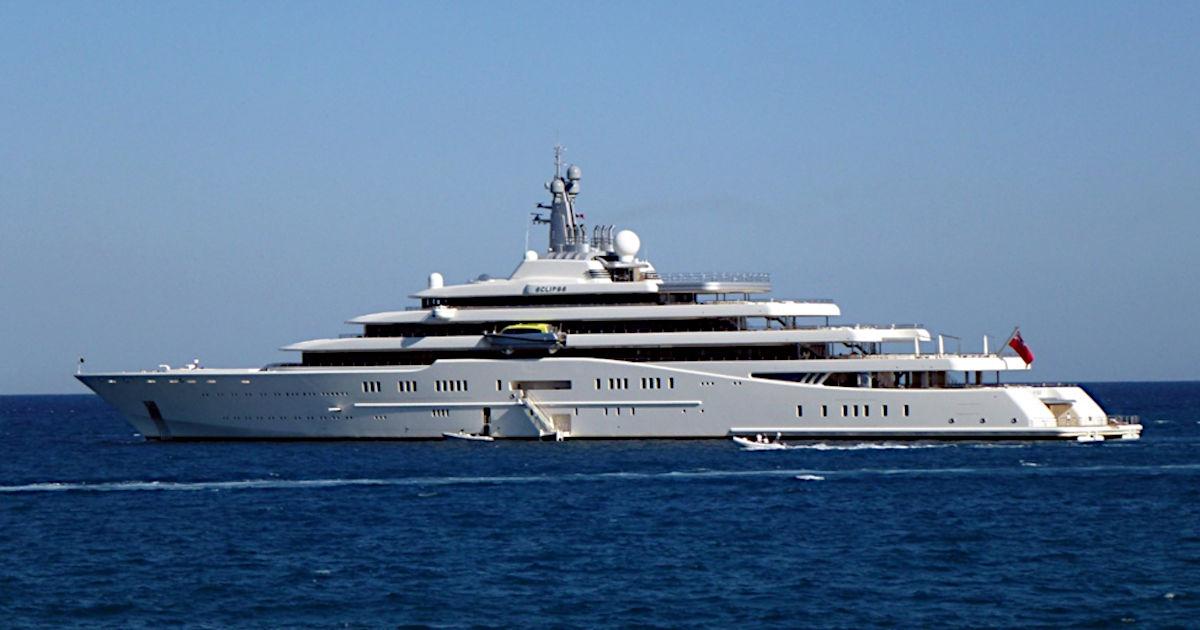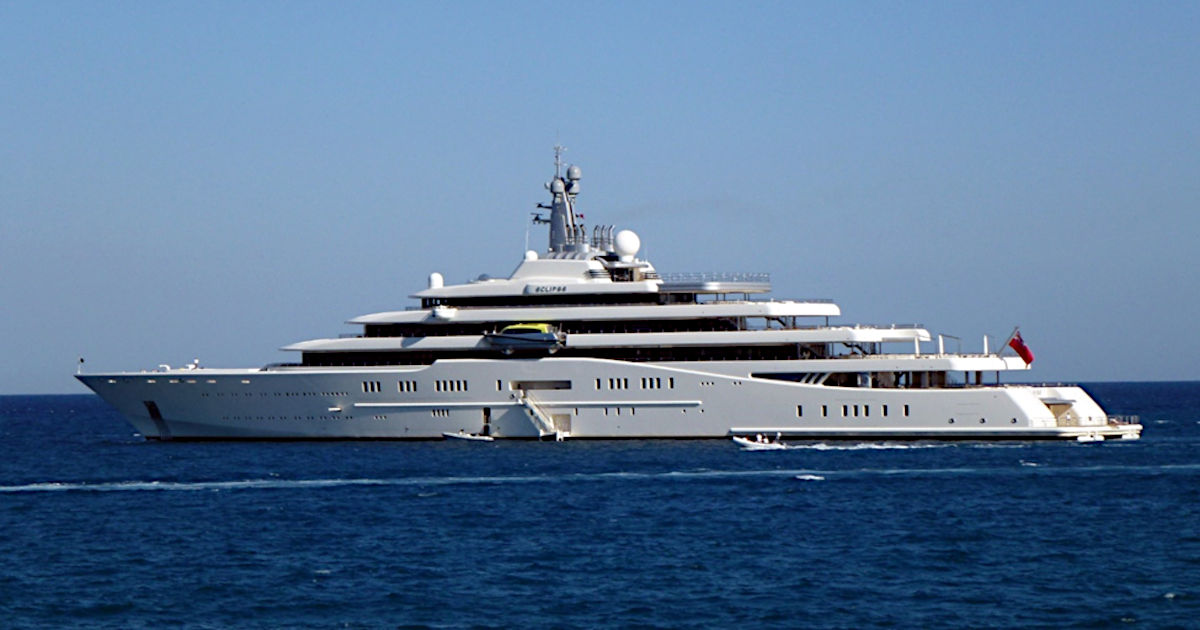Image: BJClayborn (Flickr)
Seizing Assets of Wealthy and Powerful Russians to Help Weaken Resolve
What’s an oligarch, what’s a Russian oligarch, and can nations around the globe choose to seize their assets?
In a US Justice Department press release on March 2nd, Attorney General Merrick Garland Announced the launch of Task Force KleptoCapture. According to the release, the “task force will surge federal law enforcement resources to hold accountable corrupt Russian oligarchs.”
The Task Force is dedicated to enforcing the strict sanctions, export restrictions, and economic countermeasures that the US, EU, and other partners have imposed on the aggressor, says the release.
It explains that Task Force KleptoCapture exists to ensure enough power is provided, so the full effect of the punitive actions and Russian isolation from global markets is fully implemented. The intent is to impose serious costs for an “unjustified act of war, by targeting the crimes of Russian officials, government-aligned elites, and those who aid or conceal their unlawful conduct” according to the DOJ release.
Deputy Attorney General Lisa Monaco is quoted in the release as saying, “To those bolstering the Russian regime through corruption and sanctions evasion: we will deprive you of safe haven and hold you accountable”. “Oligarchs be warned: we will use every tool to freeze and seize your criminal proceeds.” The press release goes on to define the task forces full mission which not only has implications for powerful Russians, it may also impact cryptocurrency transactions and others that under “normal” circumstances may not have been considered as crimes that are worthy of the penalties imposed. The DOJ summarized the mission of the Task Force to include:
- Investigating and prosecuting violations of new and future sanctions imposed in response to the Ukraine invasion, as well as sanctions imposed for prior instances of Russian aggression and corruption;
- Combating unlawful efforts to undermine restrictions taken against Russian financial institutions, including the prosecution of those who try to evade know-your-customer and anti-money laundering measures;
- Targeting efforts to use
cryptocurrency to evade US sanctions, launder proceeds of foreign corruption, or evade US responses to Russian military aggression; and - Using civil and criminal asset forfeiture authorities to seize assets belonging to sanctioned individuals or assets identified as the proceeds of unlawful conduct.
Using the combined force of powerful nations to determine guilt and then punish people with close ties to President Putin and their families may turn out to be effective, but, not unlike the conundrum experienced by crypto
exchanges, it does create questions related to who owns what and who may seize that which others own. For example, a 500-foot megayacht seized this week in Germany owned by a member of the Russian elite.
A group of mostly obscure officials and businessmen from Russia are now being closely tracked financially. Some of the listed targets have indicated publicly they are against the war. And according to the Wall Street Journal, many of Russia’s better-known oligarchs aren’t on any governments’ sanctions lists. This is the case with Roman Abramovich, who made his money in the energy business and is the owner of British soccer club Chelsea FC. In recent days, he has offered to mediate peace efforts and said he’s looking to sell Chelsea.
Western governments hope that heightened scrutiny of Russia’s oligarchs will pressure President Vladimir Putin.
What is an Oligarch?
An “oligarchy” describes a power system led by a small group of people. It could be compared to a ruling monarchy, although the small number of leaders aren’t necessarily related. In recent years, the word “oligarch” has taken on a more specific meaning when it relates to states from the former USSR. Here it translates to businesspeople and officials who gained wealth and power in the years following the collapse of the Soviet Union.
|
“We are joining with our European allies to find and |
How Russia’s Oligarchs Gained Wealth and Power?
The country’s current crop of billionaires and officials accumulated wealth and power in different ways. Some of those on the sanction list are part of Mr. Putin’s inner circle; others are longtime associates; while others benefited from a wave of privatizations that followed the collapse of the Soviet Union.
Their Public Stance on the War
Oleg Deripaska, a raw-materials magnate who had been sanctioned before (2014/Crimea) by the US, wrote on social media Sunday that peace “is very important.” Mr. Deripaska sued the US Treasury Department in 2019, challenging his inclusion in the Treasury’s report on Russian oligarchs as well as the sanctions against him. He alleges the US made false accusations based on rumor and innuendo to support the sanctions. A court ruled against Oleg last June.
Mikhail Fridman is the founder of Alfa Bank, Russia’s largest private bank. Mikhail was sanctioned by the EU late Monday. Fridman says he will contest the designation and that he isn’t politically or financially connected to Mr. Putin. “It seems to me that we have done a lot of good things, invested in companies, created a lot of jobs,” Mr. Fridman said at a press conference from his private-equity firm’s office in London. “We will litigate to protect our reputation.”
Take-Away
All matters related to war, politics, and justice are delicate.
Managing Editor, Channelchek
Suggested Reading
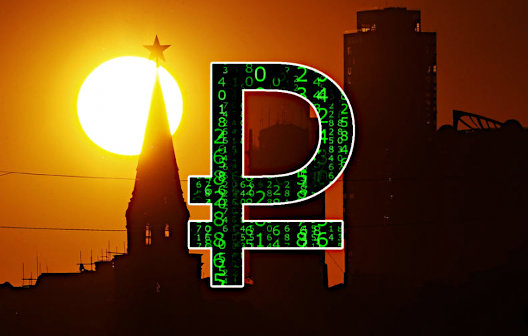 Should Bitcoins Ability to Soften and Stabilize Russian Finances be Stopped?
|
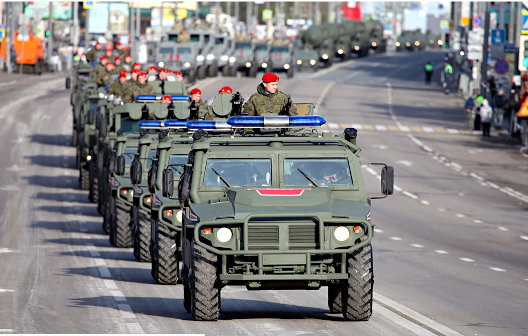 Integrating Innovative Technology Inputs in Modern Warfare
|
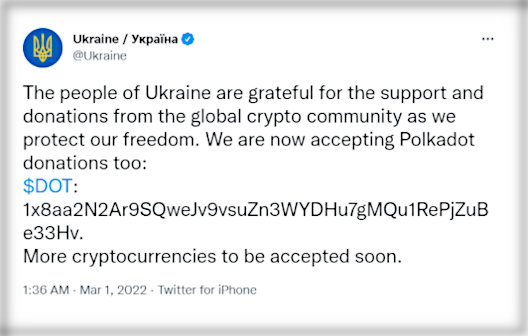 Cryptocurrencies with the Help of DAOs Provide a Means to Support Ukraine’s Efforts
|
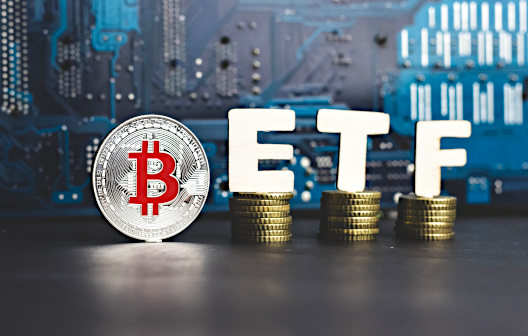 Will the SEC Allow ETFs to Own Cryptocurrency?
|
Sources
Stay up to date. Follow us:

|
